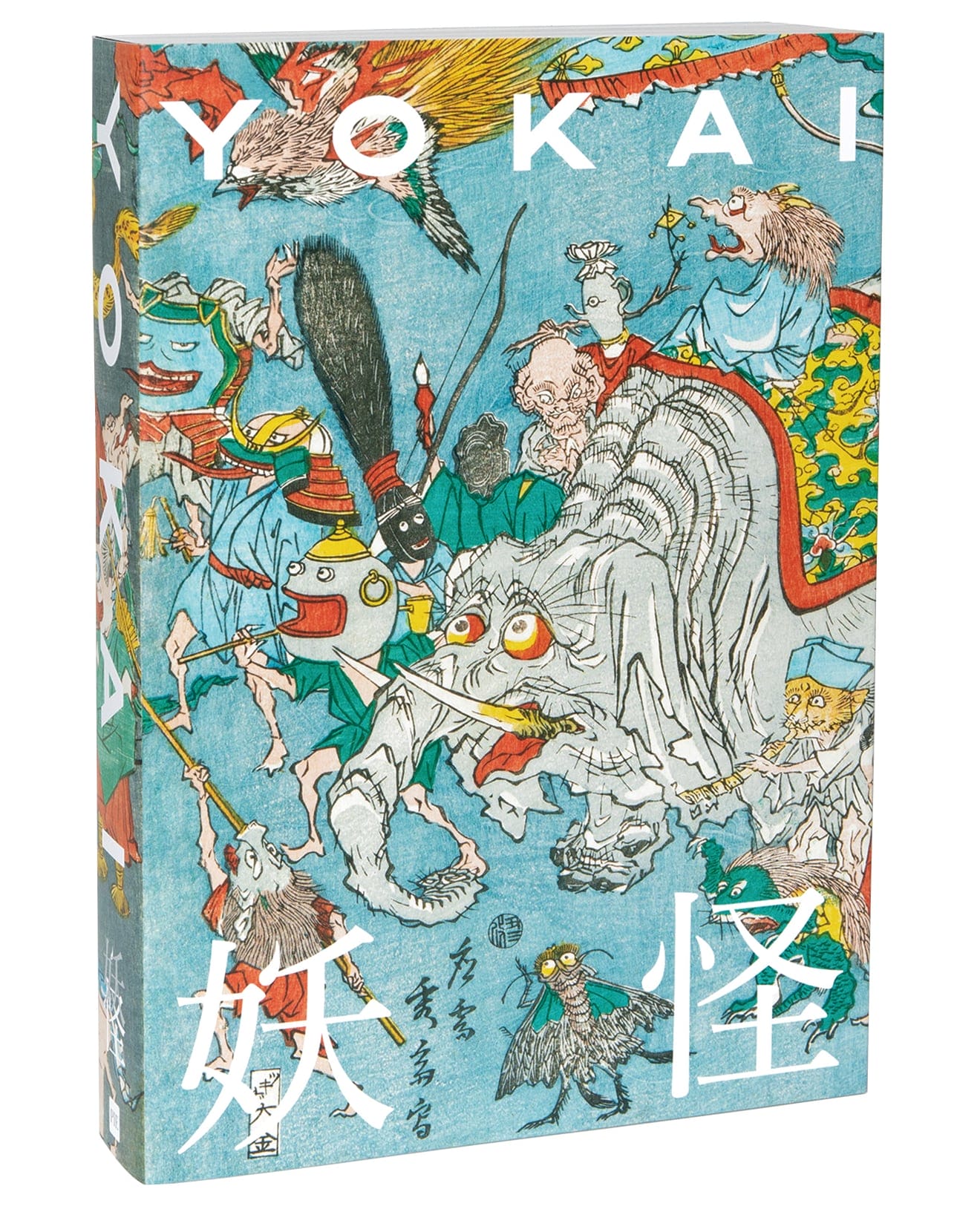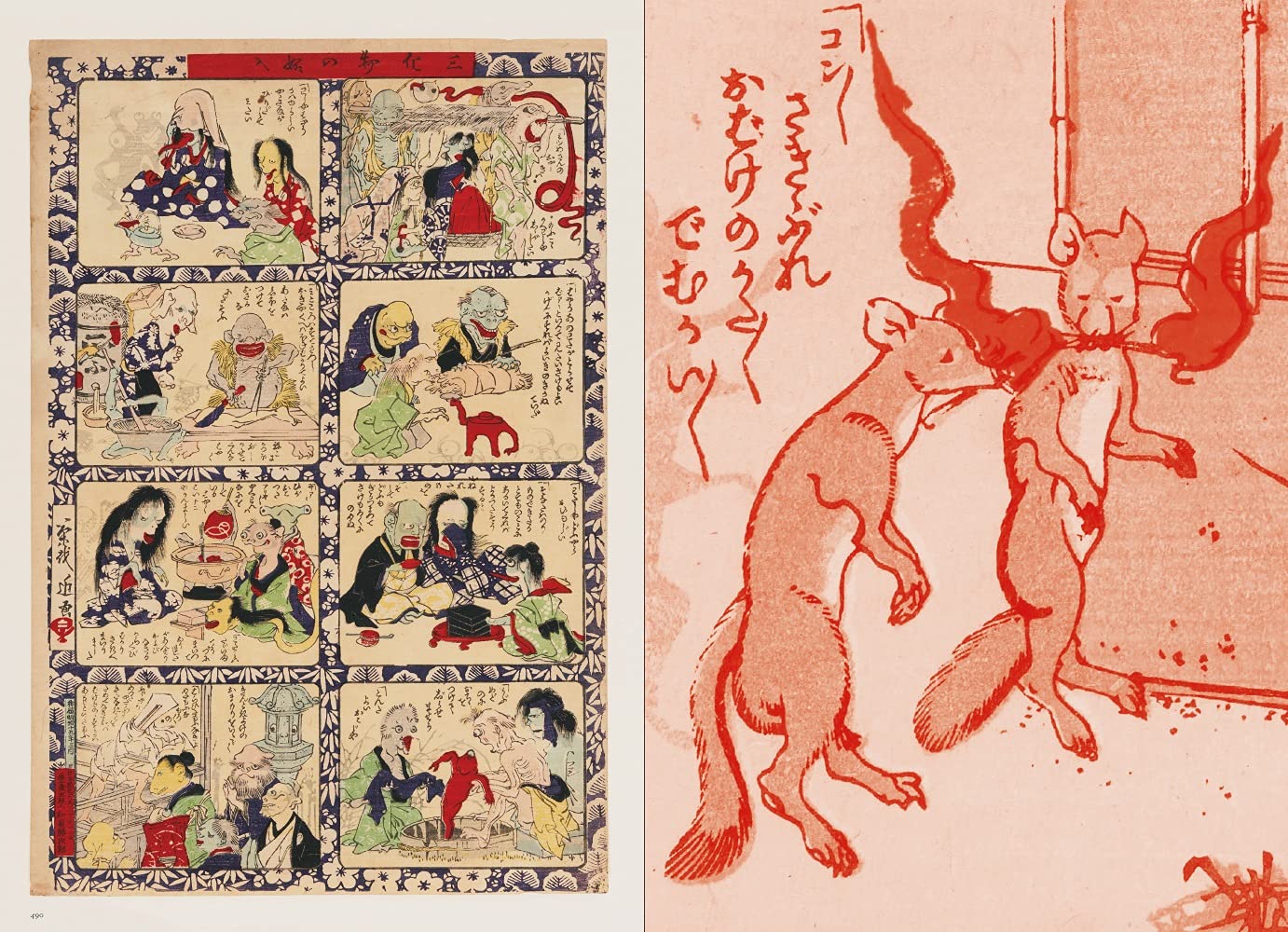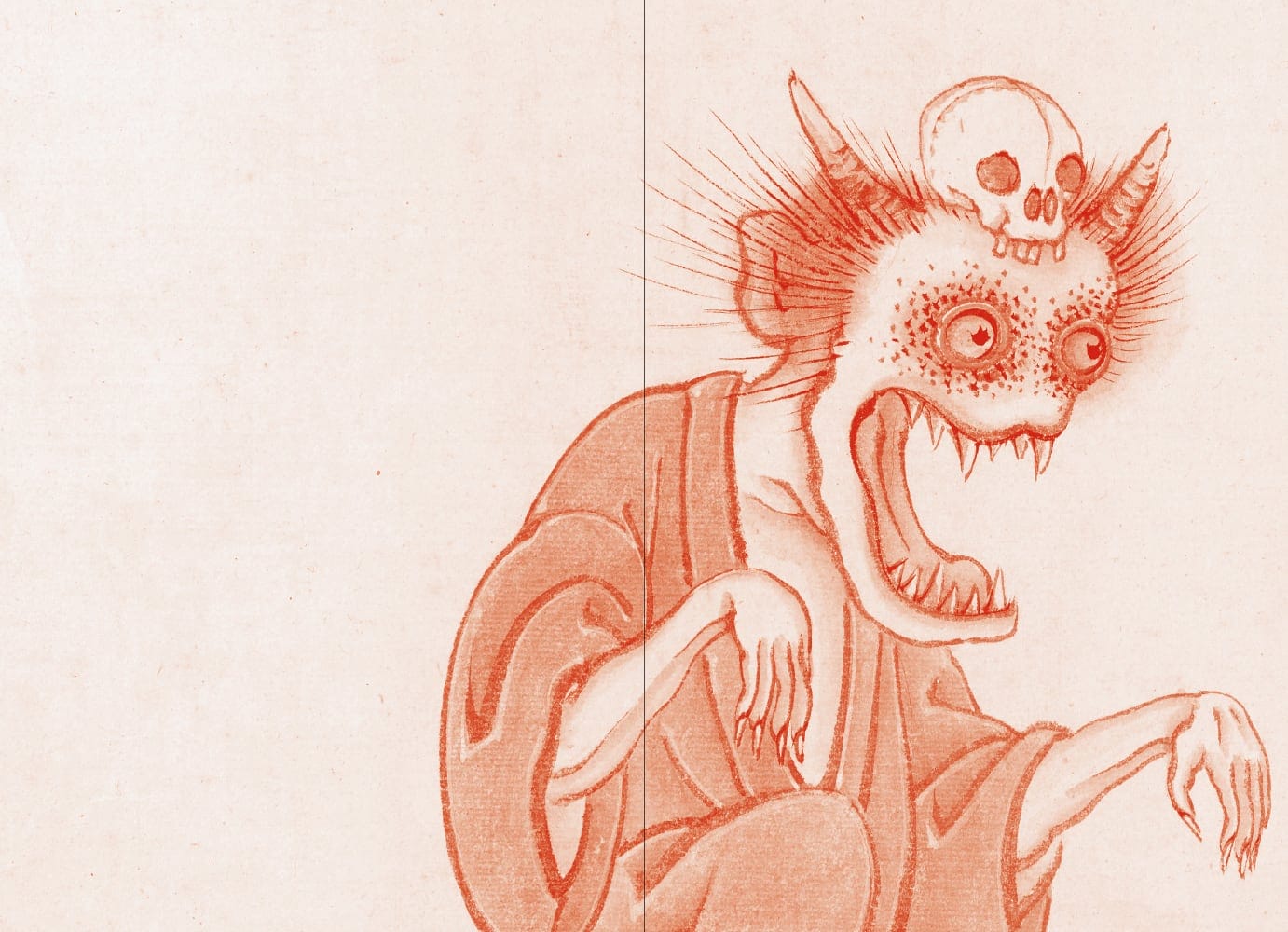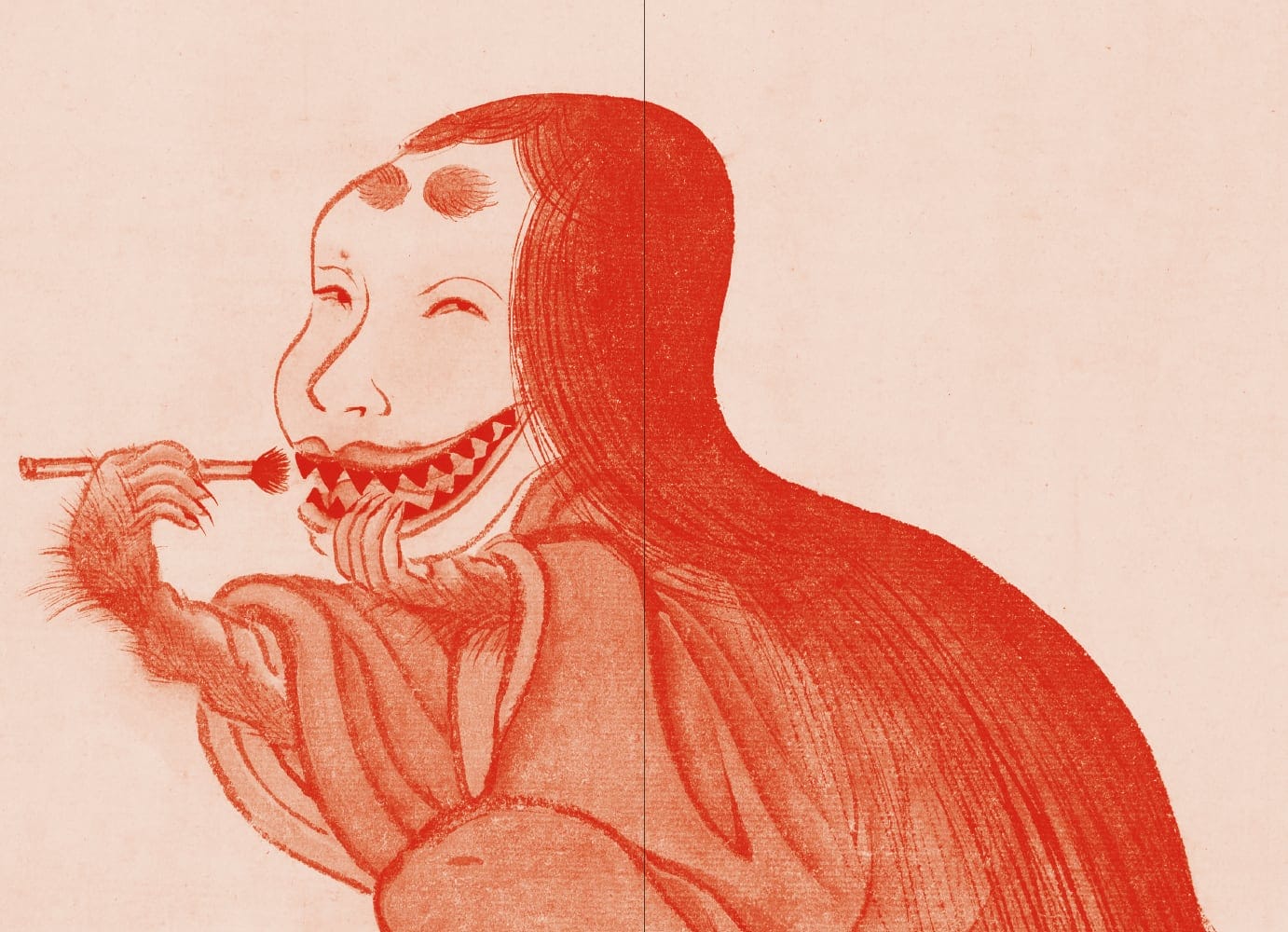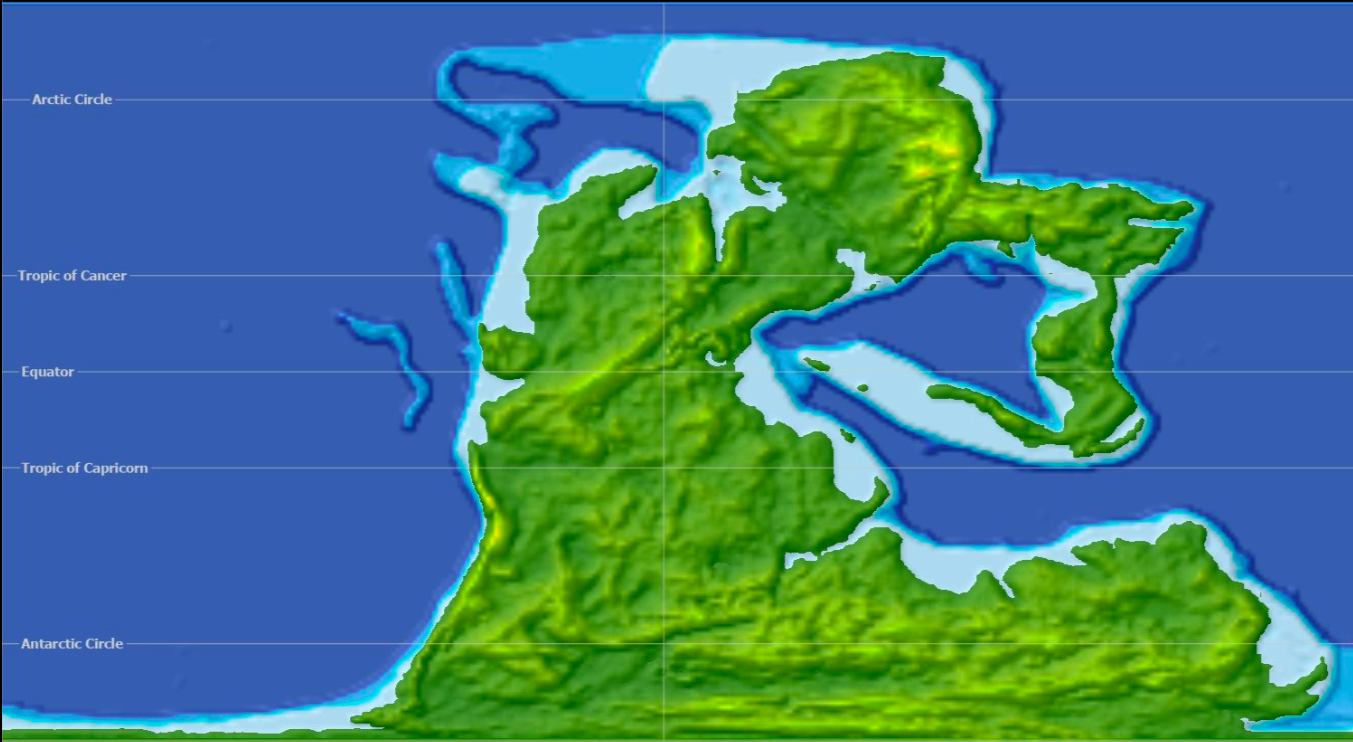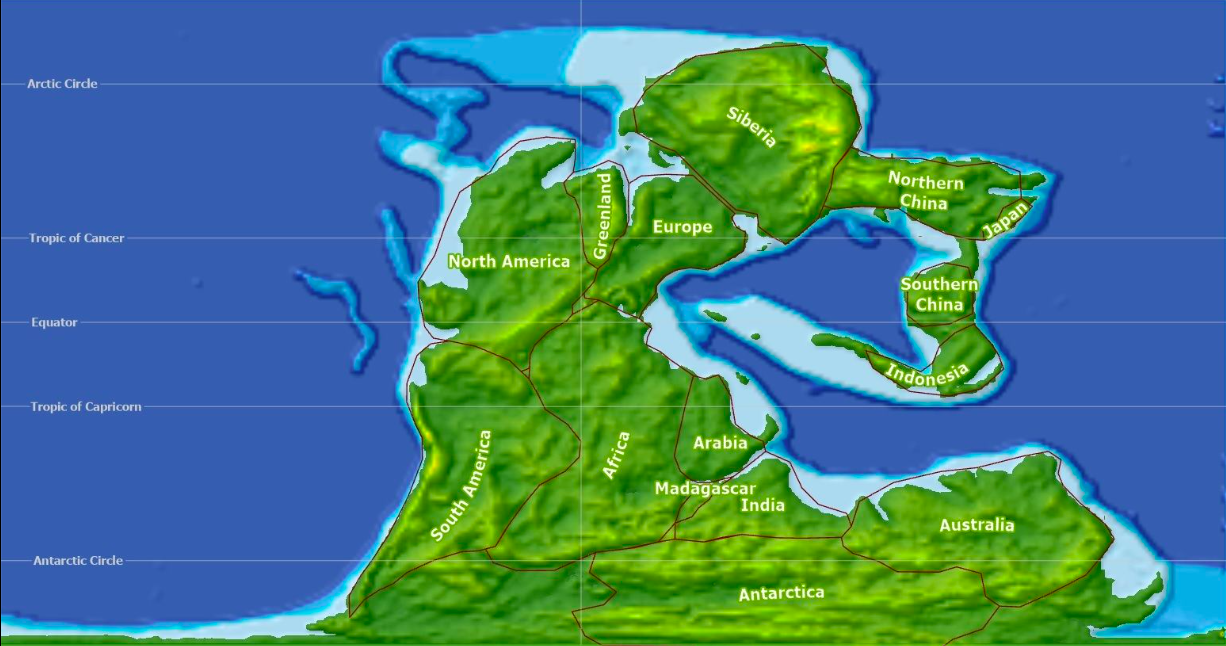Jazz pianist and composer Charles Cornell is not alone in his contempt for the sort of dumbed down musical fare typical of children’s programming.
The late Johnny Costa, Mister Rogers’ Neighborhood’s long-time musical director and a self-described “real jazzer,” was of like mind:
Children have ears, and they’re people, and they can hear good music as well as anybody else. So I started right from the beginning playing for them as I would for any adults.
The show not only hooked many young viewers on jazz, it may have planted a subliminal preference for live jazz.
None of the show’s music was prerecorded.
Instead, Costa attended every taping, providing live accompaniment just off camera with percussionist Bobby Rawsthorne and bassist Carl McVicker. They were such an integral part of the show’s vibe that in 1985, Mr. Rogers broke the fourth wall to show his “television neighbors” their set up.
As Cornell notes, above, host Fred Rogers, an accomplished pianist himself, wrote the program’s signature tunes, including its famous opening theme, but left it to Costa to improvise as he saw fit.
As a result the opening number varies a bit from episode to episode, with hints of Oscar Peterson, Art Tatum, Thelonius Monk and other jazz world greats.
Cornell considers Costa their “criminally unnoticed” equal, but observes that his quarter century of involvement on Mister Rogers Neighborhood means his music has likely reached a far larger audience.
Costa had carte blanche to noodle as he saw fit under the onscreen proceedings, including the many discussions of feelings. This musical underscoring helped Rogers demonstrate the wide range of human emotions he sought to acknowledge and normalize without condescending to his preschool audience.
The show’s website praises Costa for simultaneously knowing “when to stop playing and let the silence take over, as there were times when Fred Rogers didn’t want anything, even music, to distract the children from concentrating on what he was saying or showing.”
As Costa revealed:
I watch Fred, and there must be some kind of telepathy that we’re not aware of, because somehow I get the message to play or not to play. I’m sure that some of it has to do with working together all these years, but a lot of it is unexplainable.
The show afforded him the opportunity to play with renowned neighborhood visitors like trumpeter Wynton Marsalis and crooner Tony Bennett, as well as the Land of Make Believe’s puppets inhabitants.
Which is not to say he never ventured outside of the neighborhood. Behold Costa and “Handyman” Joe Negri performing on 67 Melody Lane, a show geared toward adult viewers.
Stream more of Johnny Costa’s music for Mister Rogers’ Neighborhood below.
Related Content
Mister Rogers Makes a List of His 10 Favorite Books
Mr. Rogers’ Nine Rules for Speaking to Children (1977)
Via Laughing Squid
– Ayun Halliday is the Chief Primatologist of the East Village Inky zine and author, most recently, of Creative, Not Famous: The Small Potato Manifesto and Creative, Not Famous Activity Book. Follow her @AyunHalliday.
